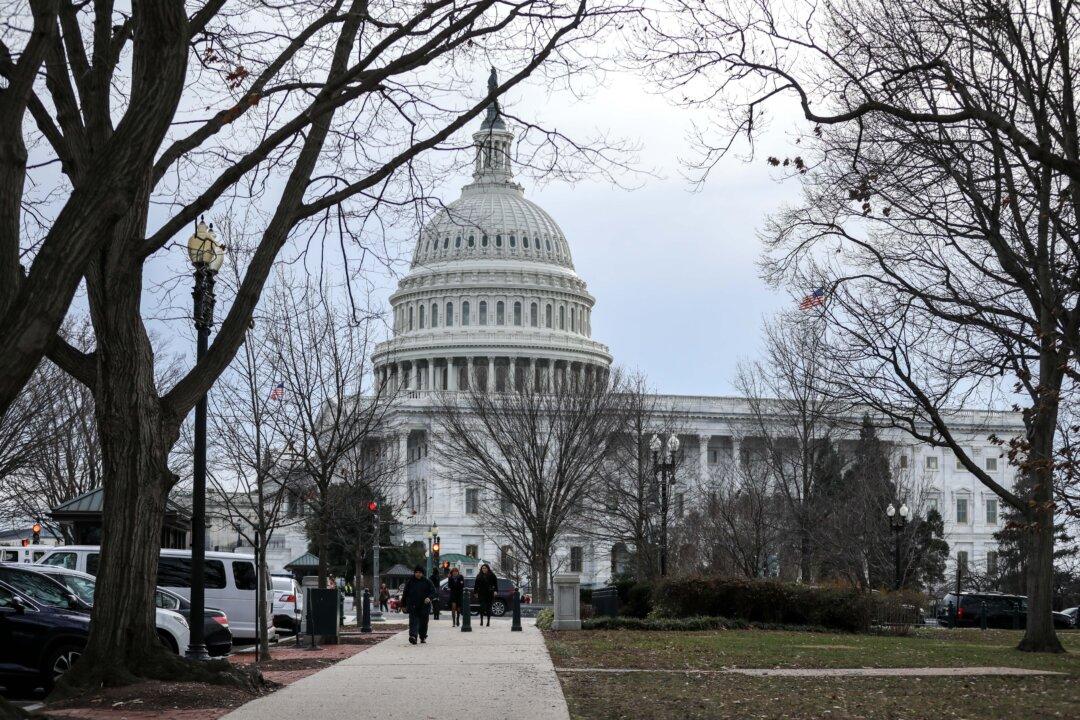A group of House lawmakers has introduced a bill that would withhold pay from members of Congress, the president, and vice president during a government shutdown.
Congressman Jared Golden (D-Maine) was joined by Rep. Dan Crenshaw (R-Texas) and Rep. Max Rose (D-N.Y.) in introducing the Solidarity in Salary Act of 2019 (pdf) on Jan. 29. The intention of the bill is to prevent and limit the duration of future shutdowns and ensure that lawmakers feel the harm they cause federal employees when they fail to fund the government, according to a statement.




